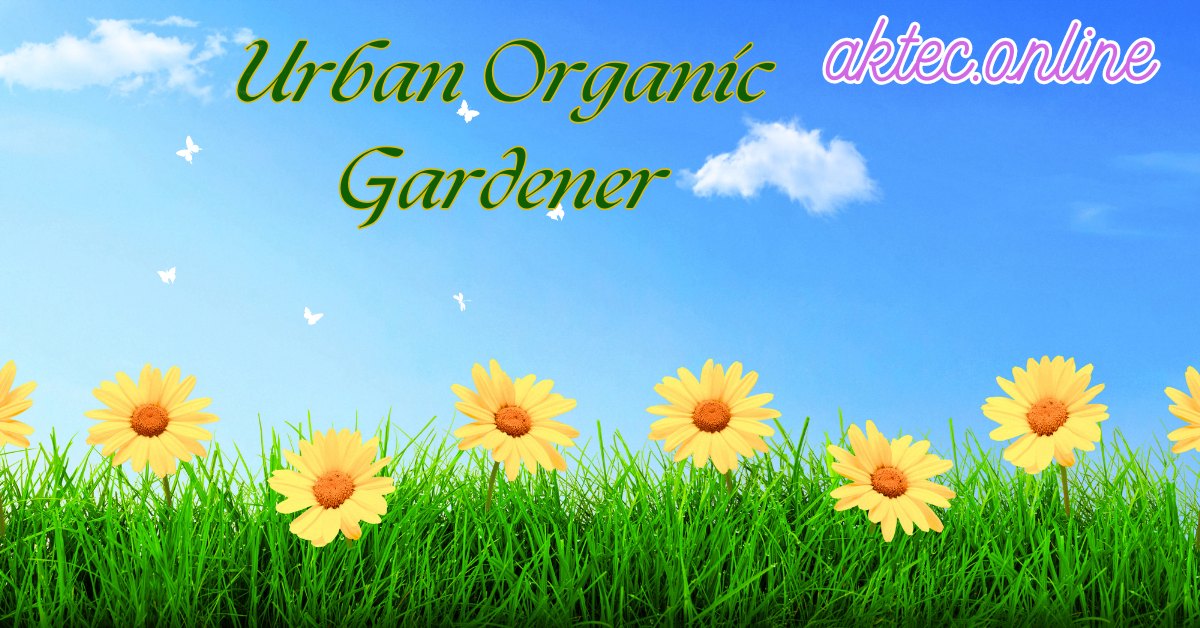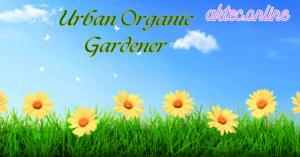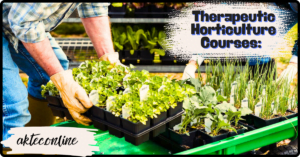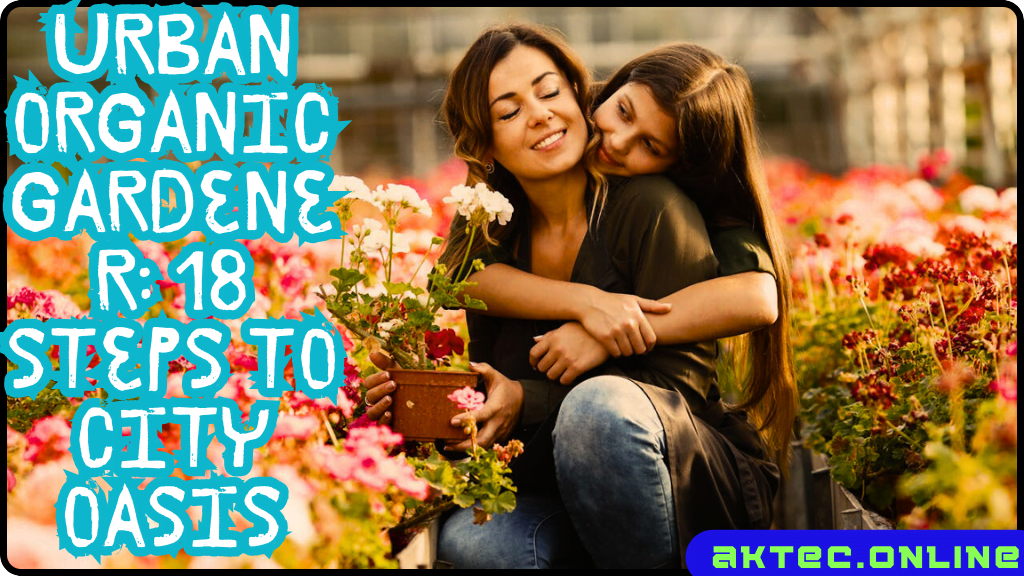
Urban Organic Gardener: Unleash Your Inner Green Thumb and Cultivate a Thriving City Garden Even with Limited Space.
Cultivate Your Corner
A Guide to Urban Organic Gardener
The bustling city life doesn’t have to mean sacrificing fresh, healthy produce. Enter the world of urban organic gardening, a vibrant movement bringing the joy of growing your own food right to your doorstep, balcony, or even windowsill!
What is Urban Organic Gardener?
Urban organic gardening is the practice of cultivating a garden in an urban environment, using organic methods. This means focusing on natural fertilizers, pest control, and growing techniques that are safe for both you and the environment.
Why is Urban Organic Gardening Important?
There are many reasons why urban organic gardening is becoming increasingly popular. It allows city dwellers to:
Enjoy fresh, local produce
Imagine biting into a juicy tomato you nurtured from seed to fruit, all within the confines of your urban oasis.
Reduce your carbon footprint
Locally grown food requires less transportation, minimizing your environmental impact.
Connect with nature
A splash of green in your urban environment not only provides a visual escape, but also fosters a connection with nature.
Promote healthy living
Knowing exactly what goes into your food fosters a sense of control and a healthier lifestyle.
Benefits of Urban Organic Gardener
The advantages of urban organic gardening extend far beyond a plate of delicious homegrown vegetables. It can:
Reduce stress and improve mental well-being
Immersing yourself in nature, even in a small space, can have a calming and therapeutic effect.
Create a community
Connect with other urban organic gardeners in your neighborhood and share tips, seeds, and the joy of growing together.
Save money on groceries
Fresh, organic produce can be expensive. Growing your own allows you to enjoy healthy food at a fraction of the cost.
Empower you to grow your own food
There’s a sense of accomplishment and self-reliance that comes from nurturing your own food source.
Getting Started with Urban Organic Gardener
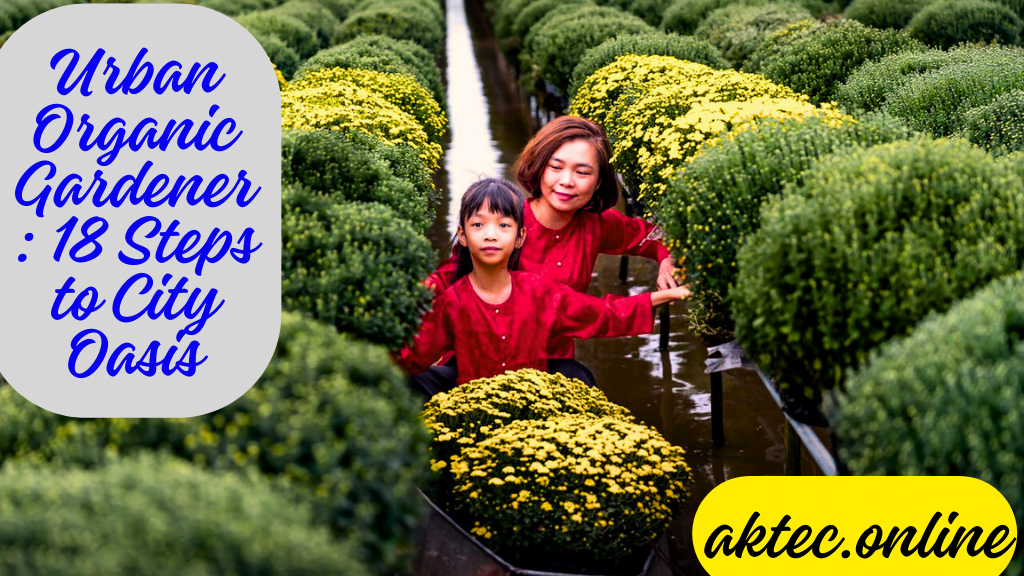
Ready to transform your urban space into a thriving garden? Here are some key steps to get you started:
Choosing the Right Location
Sunlight
Most plants require at least 6 hours of direct sunlight daily. Analyze your balcony, rooftop, or windowsill for sun exposure.
Space
Even the smallest spaces can accommodate a garden. Consider container gardening, vertical gardening, or even using a window box.
Accessibility
Choose an area easily accessible for watering, tending, and harvesting your crops.
Selecting the Right Plants
Climate
Research plants that thrive in your region’s specific climate and temperature range.
Maintenance
Consider your time commitment. Opt for low-maintenance herbs or vegetables if you’re a busy urban organic gardener.
Maturity
Choose plants with quick maturity dates for faster harvests and a sense of accomplishment.
Understanding the Basics of Organic Gardening
Soil
Invest in high-quality organic potting mix to provide essential nutrients for your plants.
Composting
Start composting kitchen scraps to create natural fertilizer for your urban garden.
Watering
Water your plants regularly, but avoid overwatering, as this can lead to root rot.
Urban Organic Gardener Techniques
Living in a city doesn’t limit your gardening options! Here are some creative techniques for urban organic gardeners
Container Gardening in Urban Spaces
Container gardening is a fantastic option for balconies, patios, and even rooftops. Use pots of various sizes to cultivate a diverse range of vegetables, herbs, and even small fruits.
Vertical Gardening for Small Spaces
Maximize your vertical space with vertical gardening techniques. Utilize hanging planters, wall planters, or create a vertical structure using trellises to grow climbing plants.
Composting in Urban Environments
Living in an apartment doesn’t have to mean missing out on composting. Utilize a countertop compost bin for small-scale organic waste management and create nutrient-rich fertilizer for your urban garden.
Maintaining Your Urban Organic Garden
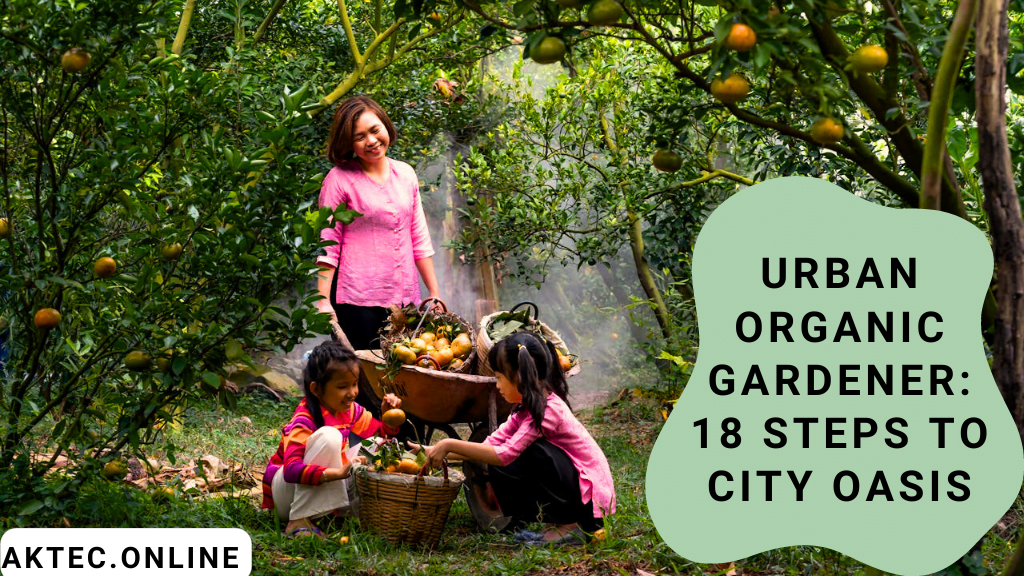
Watering and Fertilizing Your Plants
Watering
Water deeply and consistently, especially during hot weather. Observe how quickly your plants dry out and adjust your watering schedule accordingly.
Fertilizing
Utilize organic fertilizers like compost tea or worm castings to provide your plants with essential nutrients.
Pest and Disease Management in Urban Gardens
Prevention
Promote plant health through proper watering, spacing, and sunlight to create a resilient garden less susceptible to pests and diseases.
Organic Solutions
Use organic pest control methods like insecticidal soap or neem oil to manage any pest or disease outbreaks.
Harvesting and Enjoying the Fruits of Your Labor
Harvesting: Harvest your crops at their peak ripeness for optimal flavor and quality.
Enjoying:
Harvesting and Enjoying the Fruits of Your Labor
Enjoying: The best part of urban organic gardening is savoring the fruits (and vegetables!) of your labor. Use your homegrown produce to create delicious and healthy meals, share with friends and family, or even preserve them for later enjoyment.
Conclusion
Urban organic gardening is a rewarding and accessible way to cultivate fresh, healthy food, connect with nature, and create a vibrant green space in your urban environment. With a little planning, creativity, and these helpful tips, you can transform your balcony, rooftop, or even windowsill into a thriving urban oasis. So, get your hands dirty, embrace the joy of urban organic gardening, and watch your edible city garden flourish.
FAQs
Getting Started
Q: I don’t have a backyard. Can I still be an urban organic gardener?
A: Absolutely. Container gardening, vertical gardening, and even window boxes are fantastic options for growing food in small spaces.
Q: What if I don’t have a lot of sunlight?
A: Not all plants require full sun. Research shade-loving vegetables and herbs like lettuce, spinach, and mint.
Q: I’m a complete beginner. What are some easy plants to grow?
A: Herbs like basil, parsley, and chives are low-maintenance and provide quick harvests, perfect for beginner urban organic gardeners. Leafy greens like lettuce and spinach are also great options.
Planting and Maintenance
Q: What kind of soil should I use for my urban garden?
A: Invest in high-quality organic potting mix formulated for container gardening. It provides essential nutrients for your plants.
Q: How often should I water my plants?
A: Watering needs vary depending on the plant and weather conditions. Water deeply and consistently, but avoid overwatering. Observe how quickly your plants dry out and adjust your schedule accordingly.
Q: How can I keep pests and diseases away from my urban garden?
A: Focus on prevention! Proper watering, spacing, and sunlight create a resilient garden less susceptible to problems. Utilize organic pest control methods like insecticidal soap or neem oil if needed.
Composting and Sustainability
Q: Can I compost in my apartment?
A: Yes! Countertop compost bins are perfect for small-scale organic waste management. This creates nutrient-rich fertilizer for your urban garden.
Q: How do I know if my plants need fertilizer?
A: Observe your plants for signs of nutrient deficiency like stunted growth or yellowing leaves. Utilize organic fertilizers like compost tea or worm castings to provide a boost.
Q: What are the benefits of urban organic gardening?
A: Urban organic gardening allows you to enjoy fresh, local produce, reduce your carbon footprint, connect with nature, and promote healthy living. It’s also a fun and rewarding hobby.
